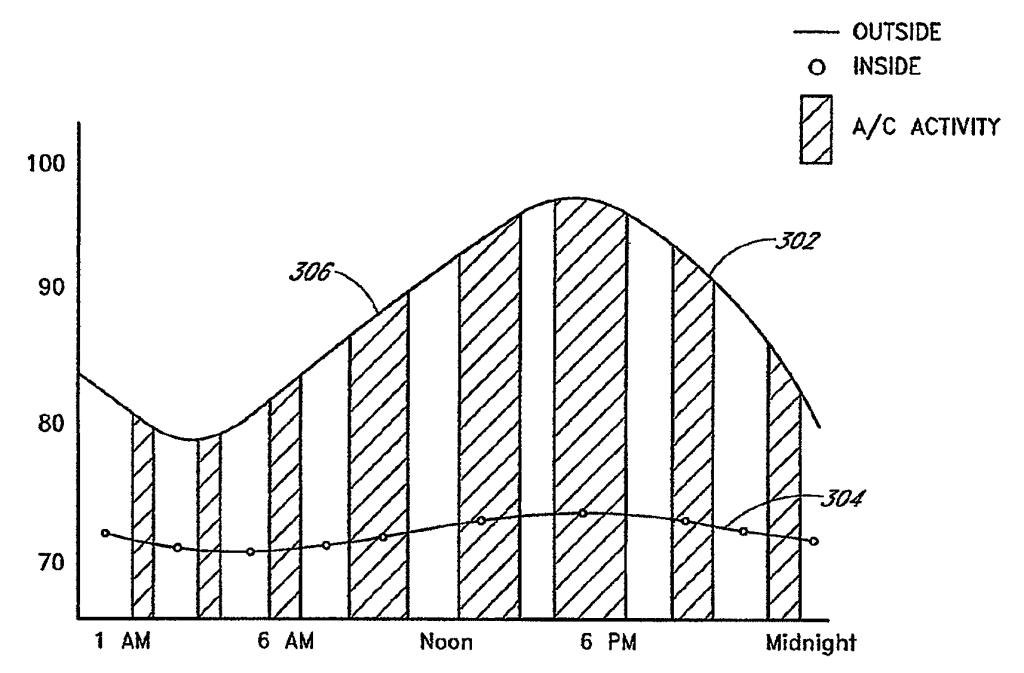by Dennis Crouch
Google recently petitioned for en banc review a Federal Circuit split decision in EcoFactor v. Google. The case focuses on when a damages expert testimony satisfies Daubert. The original opinion also highlights an interesting debate regarding the appeal of pre-trial eligibility rulings.
To continue reading, become a Patently-O member. Already a member? Simply log in to access the full post.
